
Automating Blog Content for Shopify - The Only Guide You'll Ever Need
Effortlessly feature the right products in your Shopify blog posts with Assign Products.
Expert insights on AI marketing automation, conversion optimization, SEO strategies, and the latest trends in digital marketing
Hand-picked articles from our team of marketing experts

Effortlessly feature the right products in your Shopify blog posts with Assign Products.

Boost your eCommerce sales with these 10 UI/UX best practices for product pages. Learn how to optimize your Shopify brand's CRO and drive conversions.
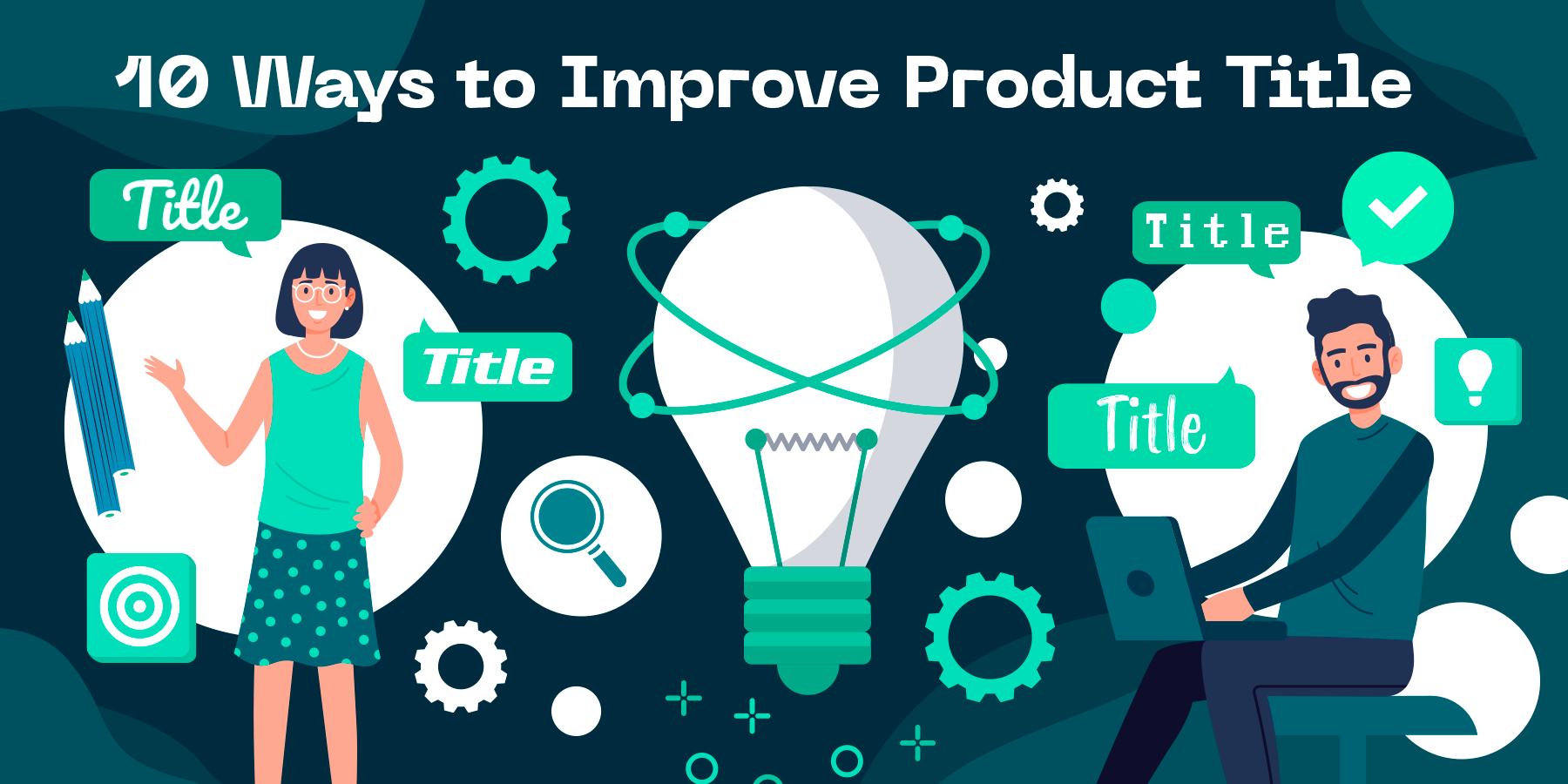
Discover 10 proven strategies to enhance your Shopify product titles, boost conversions, and skyrocket your eCommerce sales with our expert CRO tips.
Stay up to date with the latest in AI marketing automation

Effortlessly feature the right products in your Shopify blog posts with Assign Products.

Boost your eCommerce sales with these 10 UI/UX best practices for product pages. Learn how to optimize your Shopify brand's CRO and drive conversions.

Discover 10 proven strategies to enhance your Shopify product titles, boost conversions, and skyrocket your eCommerce sales with our expert CRO tips.
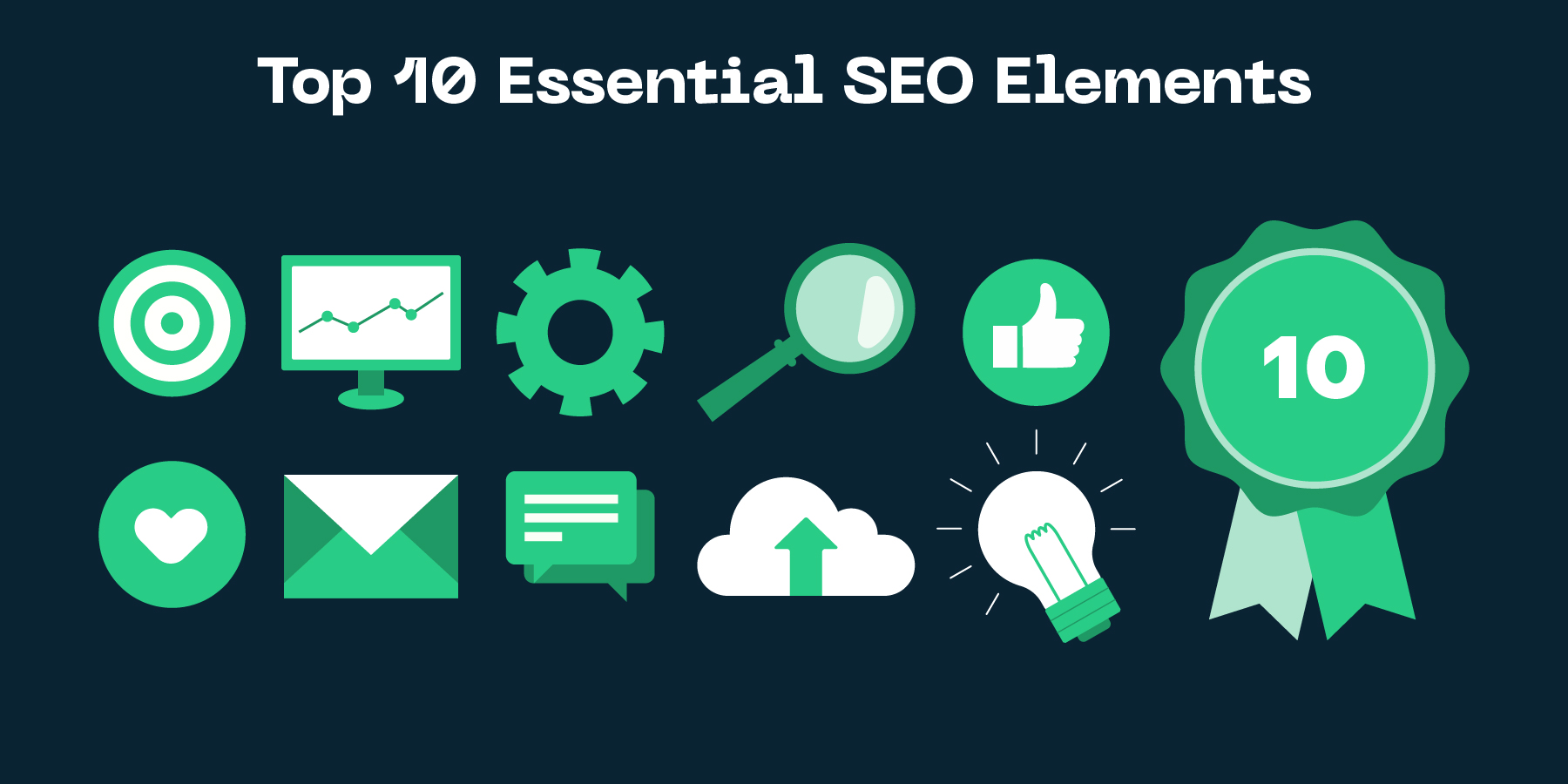
Learn the top 10 SEO elements to improve your ranking and increase visibility with practical tips for better results.

Explore 13 top-rated SEO apps for Shopify that can increase your traffic by up to 300% and save hours of manual work each week.

Discover the 15 best techniques for SEO to skyrocket your traffic and improve rankings. Master these strategies to grow your online presence today.
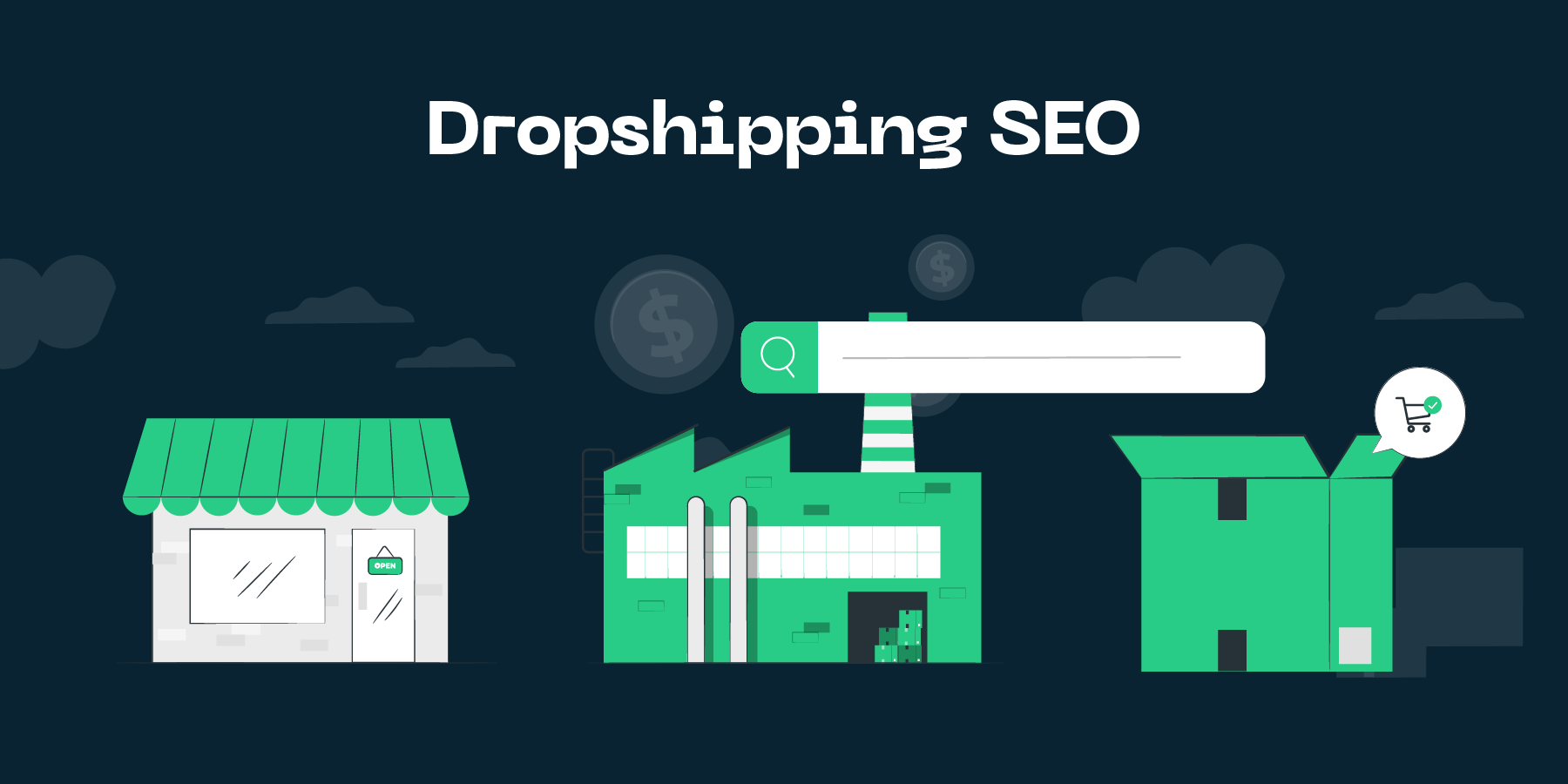
Boost organic traffic with these essential dropshipping SEO tips. Learn strategies to improve visibility and drive more customers to your store.
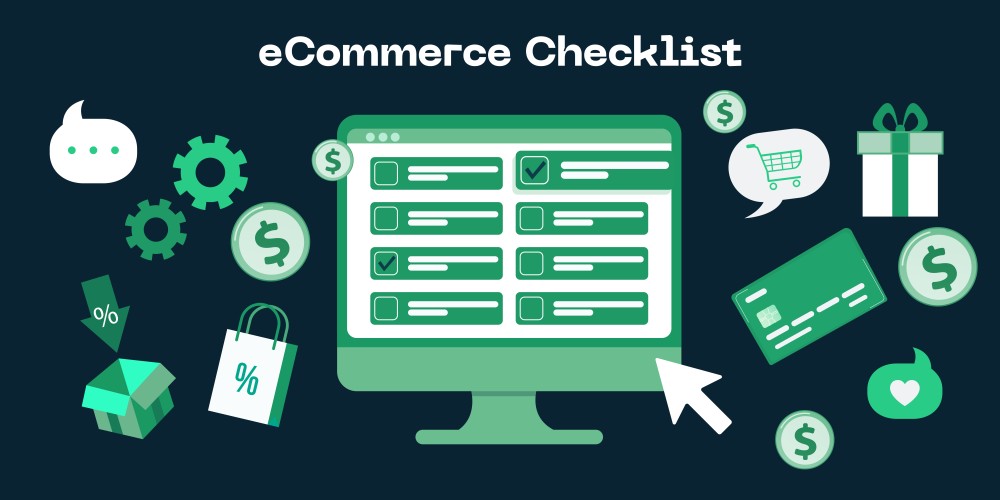
Launching an ecommerce store? Follow our top 20 must-have tasks checklist for a smooth and successful start. Get started now!
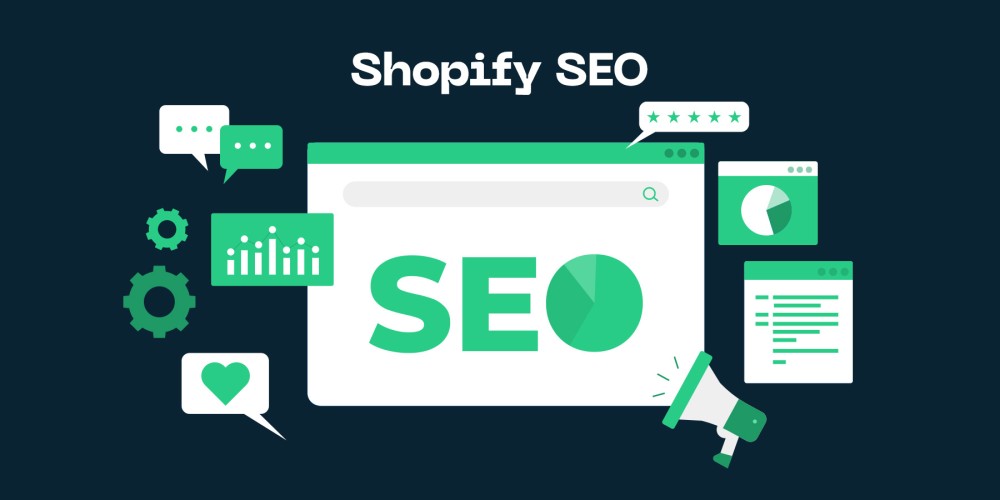
Discover the latest SEO in Shopify strategies for 2025 to elevate your online store's visibility and drive more traffic.

Learn how 20 top SEO tools can help you increase rankings, drive more traffic, and optimize your site faster.
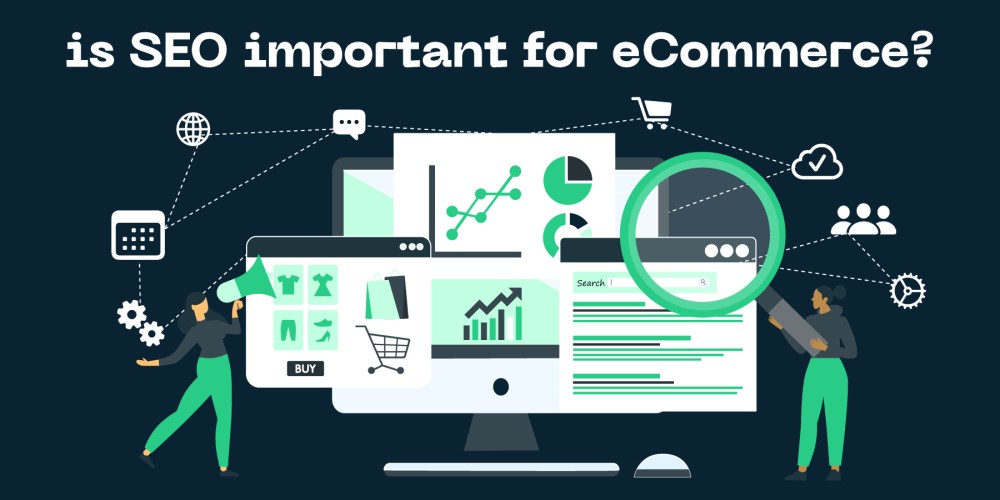
Learn why SEO is necessary for your ecommerce site. Discover how it increases visibility and attracts more customers to your online store.

Explore the best Semrush alternatives and competitors in 2025. Discover tools like Semrush with advanced analytics to improve your SEO. Try them today!
Get the latest articles and insights delivered straight to your inbox
No spam. Unsubscribe at any time.
Join 200+ marketing teams using AI agents to handle campaigns, optimize ads, and create content while they focus on strategy